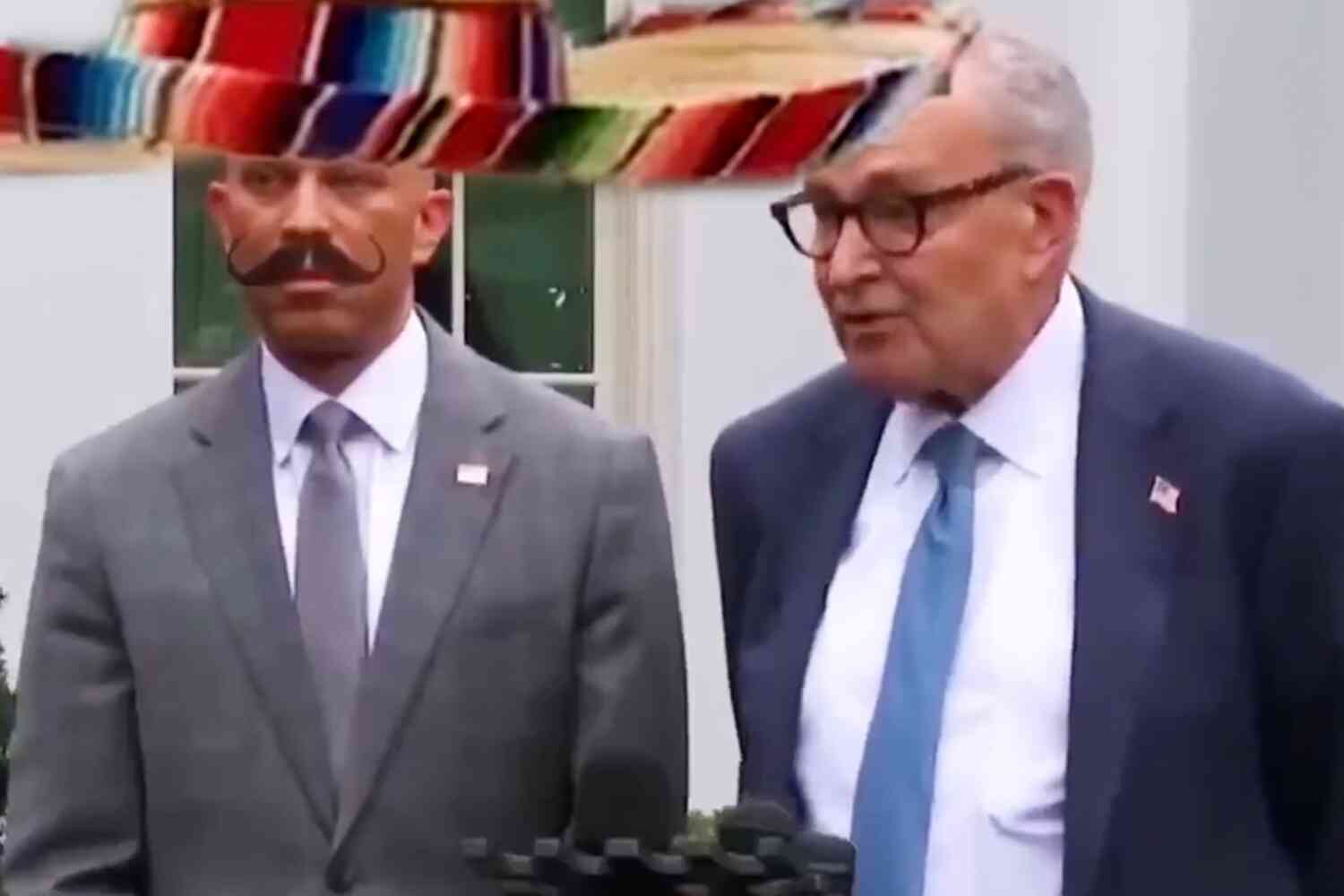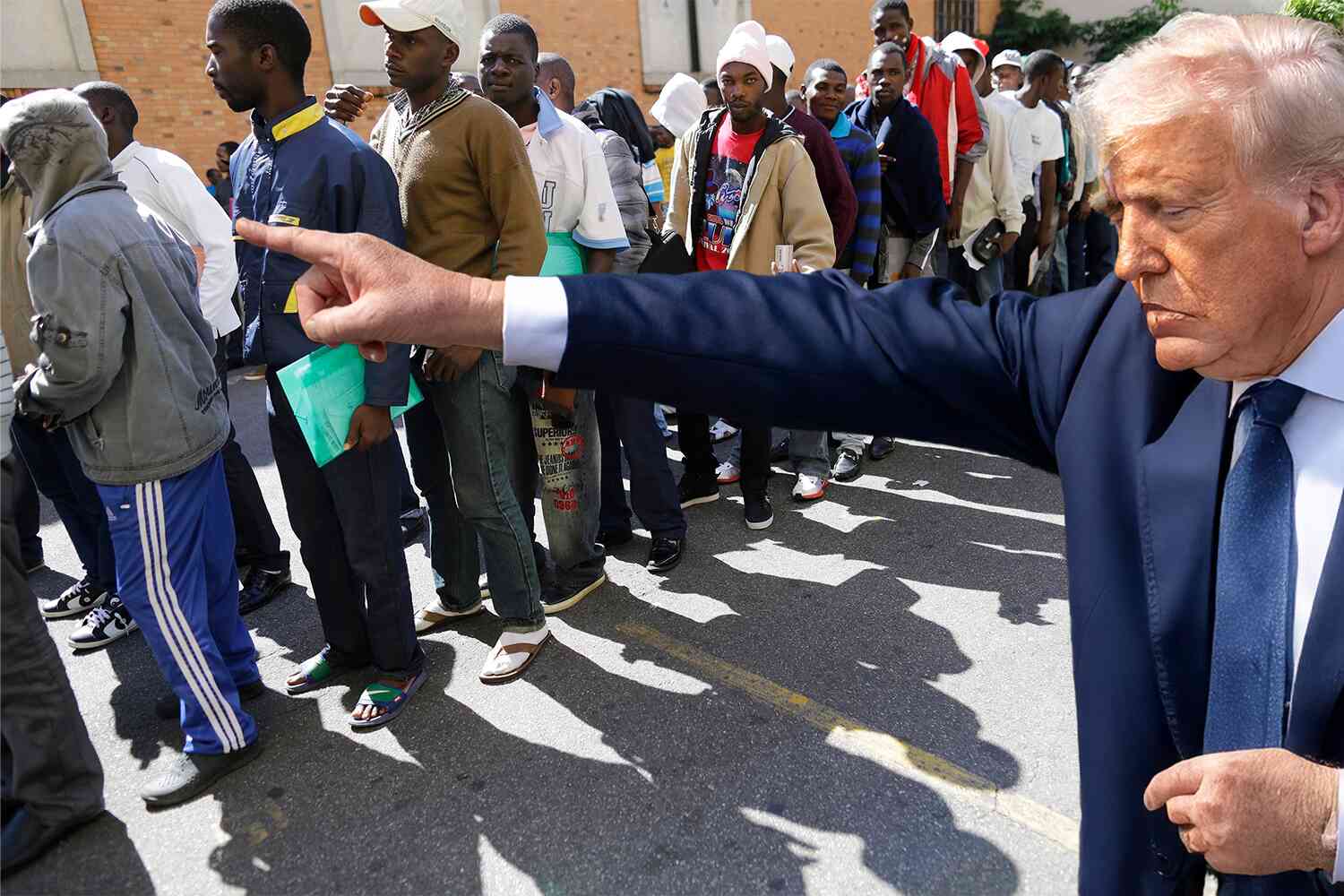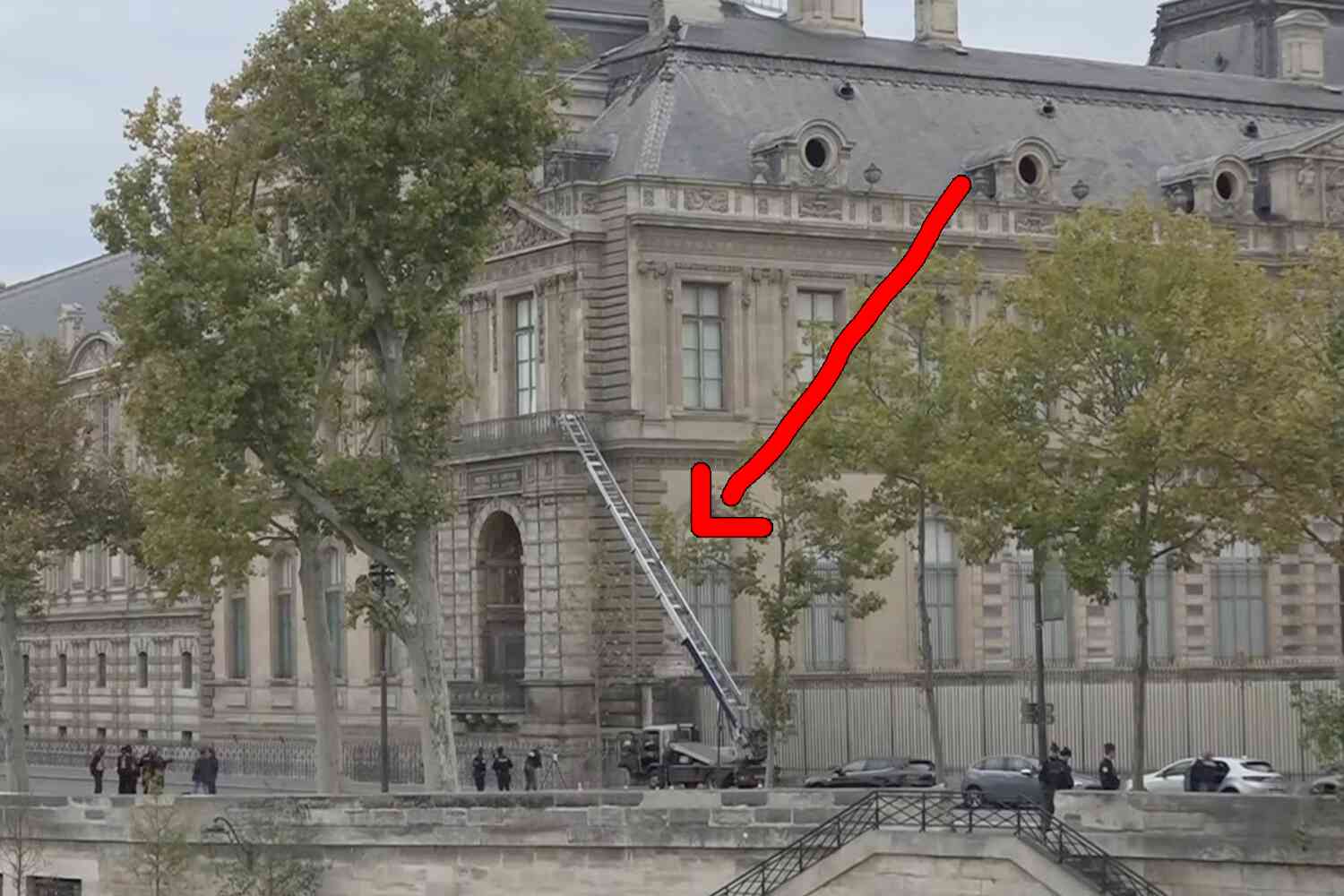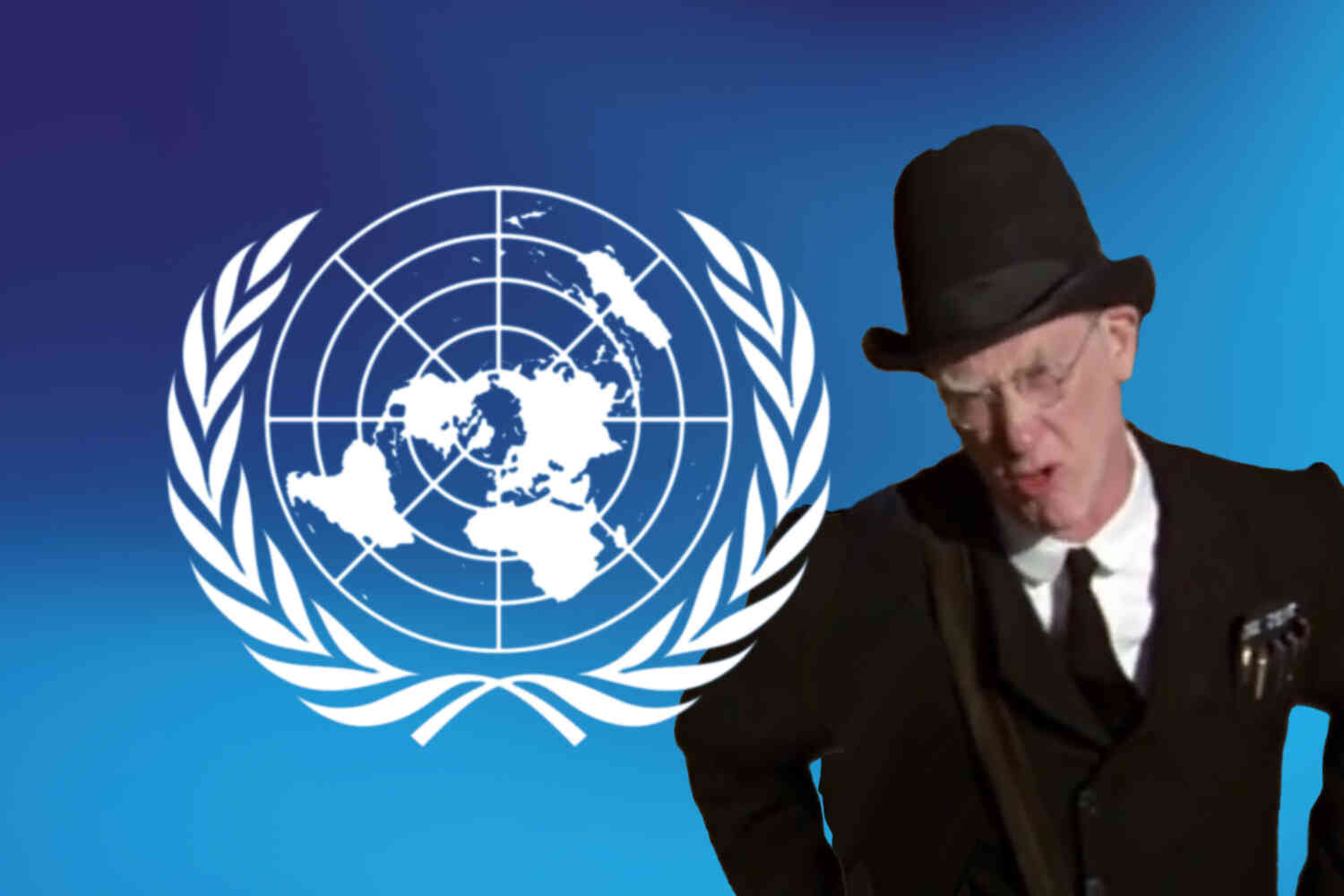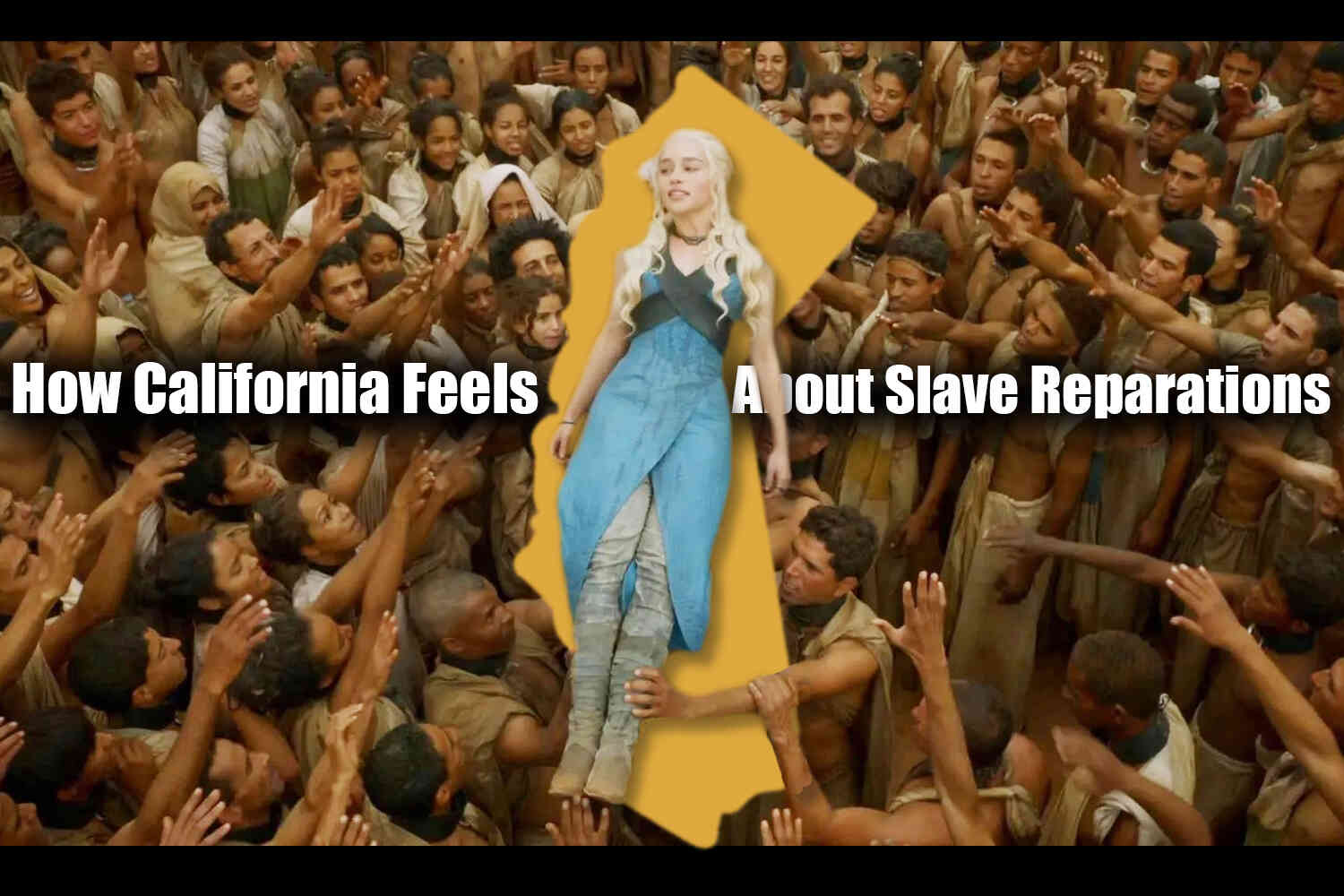With as much as I love Scripture, I've never been overly enthralled with the topic of end times prophecy. I'm glad to humor those who are, but attempting to decipher or predict Christ's return and the end of the world has never been particularly appealing to me.
I feel the same way about politically prognosticating the imminent collapse of earthly kingdoms like America. Plenty of books have been written on the subject, and I've read my fair share of them. But when asked if I think we can "survive" this presidency or that, I have a stock, standard, and probably annoying response: "if the Lord wills it, you bet."
It's not that I don't take the topic seriously or that I don't spend time being concerned about the type of society that my children and grandchildren will inherit. I do. But truthfully, most of the time I think the vast majority of those invested in this conversation are looking to the wrong indicators to make their cultural conjecture.
For instance, one of the signs of a collapsing civilization most often cited is economic malaise. The conventional wisdom is that when you find a country experiencing financial disintegration, you'll find one on the verge of calamity. The problem with such an assessment isn't that a collapsing civilization has a healthy economy, it's that civilizations regularly survive serious economic hardship.
It's easy to point to things like this:
…and predict the worst. But things have been that bad before – in fact they've been far worse – and we survived.
The same goes with the commonly cited indicator of legal favoritism. When officeholders become mere conduits for funneling favors and financial windfalls to one faction at the expense of all others, we're told you can count on societal ruin. Except that's been the common reality of our democratically governed civilization from day one. George Washington was even warning about it in his Farewell Address. So it's not that I think Kamala Harris should get a pass for seemingly promising the un-equal protection of the law:
…it's that I don't think it's an accurate predictor of the end of American society.
What is?
I don't pretend to be a savant or a genius about these things, but I would be far more inclined to believe a better gauge would focus on cultural attitudes and beliefs rather than policy consequences or political rhetoric.
I would look at things like a lawless attitude in the hearts and minds of the people – one that leads to a systematic and unrelenting breakdown of the social order. Riots become the norm, not the exception, looting becomes as common as legitimate economic exchange, thievery goes unpunished or even celebrated.
If what has apparently become increasingly normalized in places like Portland:
…becomes widespread and epidemic, that's anything but encouraging when it comes to the survival of your civilization.
But that's not all, of course. I would certainly suggest that a prevalent, delusional rejection of reality is a telltale sign of catastrophe as well. Does that mean things like a marked and startling increase in the number of young people who reject the existence of objective sex distinctions? Of course. But it's more than that.
It's when the public dialogue becomes tolerant and accepting of deranged demands, pretending things like this are somehow lucid and legitimate:
When rather than confronting and logically humiliating, or even just dismissively rejecting this kind of senility in the public square, society elects national leaders who promote it and find electoral success in championing it:
…it is as clear a sign as any that your culture has abandoned any collective, consensus belief in transcendent moral authority. I know of no civilization that has long endured without such ethical grounding.
After all, as Nietzsche observed, if mankind "kills" God, something will take His place:
"God is dead…and we have killed him…Must we ourselves not become gods simply to appear worthy of it?"
There's a reason Satan's world-altering temptation in the Garden of Eden centered around that same deception that we could become gods ourselves – calling our own shots, making our own truth, defining our own reality. He knew that when a recognition and reliance on God's moral authority dies, man dies.
And I might add, civilizations die as well.
P.S. Now check out our latest video 👇
Disclaimer: The opinions expressed in this article are those of the author and do not necessarily reflect the opinions of Not the Bee or any of its affiliates.





